detail profile jeanine meerapfel
Peran Yang Di Mainkan Jeanine Meerapfel
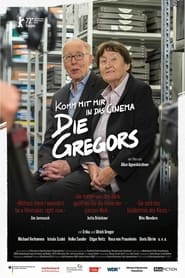 From the 1950s onwards Erika and...
From the 1950s onwards Erika and...Come With Me to the Cinema – The Gregors 2022
From the 1950s onwards, Erika and Ulrich Gregor brought countless film historical milestones to Berlin and shaped cinema discourse in post-war Germany. A look at the life and work of the couple without whom Arsenal and the Forum wouldn’t exist.
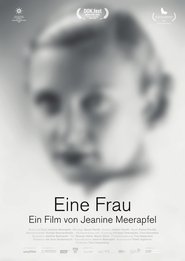 A Woman is a cinematic essay...
A Woman is a cinematic essay...A Woman 2021
"A Woman" is a cinematic essay about identity. A search into the wounds of exile and a reflection on the function of memory. A haunting and intimate portrait of the director’s own mother. It is the story of an imitation artist, trying to adapt to the challenges of real life … as a woman.
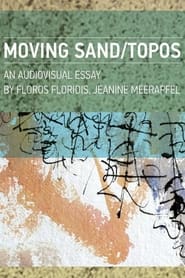 Artificial Intelligence is already changing almost...
Artificial Intelligence is already changing almost...Moving Sand/Topos 2020
Artificial Intelligence is already changing almost every area of life today. This documentary essay is inspired by the changes that influence our perception of Topos. By combining film images, graphics with documentary text modules, the author associatively points out how the progress of data and technology colonizes human existence and fundamentally influences the balance between the psychological, mental, and biological aspects of life.
 Its the late 1950s and in...
Its the late 1950s and in...The German Friend 2012
It’s the late 1950s, and in an affluent and quietly respectable part of Buenos Aires, young Sulamit Löwenstein strikes up a friendship with her next-door neighbour Friedrich over the whereabouts of her family dog. She is the daughter of German-Jewish immigrants to Argentina, he is the son of a senior SS officer, a tragic political legacy from whose shadow both characters struggle to escape over the next three decades. Following the teenaged Friedrich to Germany, Sulamit finds him caught up in the radical politics of late-1960s student life; and she’s forced to make important decisions about her attitude to her homeland when Friedrich returns to Argentina to join the fight against the military junta.
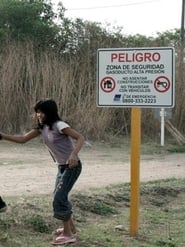 General Mosconi is a small town...
General Mosconi is a small town...Mosconi - Or To Whom the World Belongs 2008
General Mosconi is a small town in the North of Argentina, rich with oil and gas. 1993 the state owned enterprise, YPF, that gave work, health care and education to the whole region, was privatised. The unemployment rate climbed to 70 percent, the whole infrastructure system collapsed. The town is an example for what is today understood as the loss of state and politics.
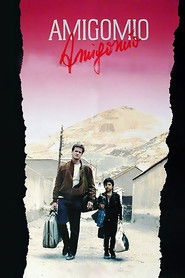 A young father takes his son...
A young father takes his son...Amigomío 1994
A young father takes his son on a journey away from Buenos Aires and through the strange and wondrous world of rural South America. The man is unemployed and separated from the boy's mother. The trip teaches the man to rediscover both the world outside urban Argentina, and also to rediscover his son.
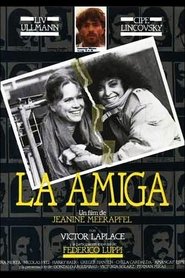 Since childhood Raquel and Maria have...
Since childhood Raquel and Maria have...The Girlfriend 1989
Since childhood, Raquel and Maria have been close friends. Now all grown-up, Raquel has fulfilled her dream of becoming an actress, while Maria has married a handyman, given birth to three children and runs the family household. In the wake of the Argentine military coup of 1976, Maria's oldest son Carlos is abducted. Desperate, Maria turns to her prominent friend for help. Yet the more Raquel gets involved in the search for Carlos, the more she becomes herself a target of the junta. Finally, she flees from Argentina to Berlin. Meanwhile Maria joins a group of women who investigate the fate of their disappeared relatives. In 1983, after the fall of the dictatorship, the two friends meet again.
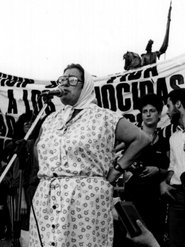 Between 1976 and 1982 thousands of citizens were...
Between 1976 and 1982 thousands of citizens were...Desembarcos - When Memory Speaks 1989
Between 1976 and 1982 thousands of citizens were kidnapped, tortured and killed in Argentina. How do Argentinians cope with this tragedy? How do they elaborate their recent past?
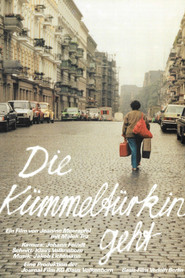 In 1970 Melek Tez came to Berlin...
In 1970 Melek Tez came to Berlin...Melek Leaves 1985
In 1970, Melek Tez came to Berlin as a young worker from Turkey. A confident woman, she first countered racist resentments and remarks with irony and wit. Jokingly, she even referred to herself as a "Kümmeltürkin", a derogatory German term for Turkish migrants. Yet after fourteen humiliating years, her fighting spirit has given way to resignation: Melek Tez is returning to Turkey. Blending documentary, interviews and re-enacted scenes, director Jeanine Meerapfel chronicles Melek Tez' life experience.
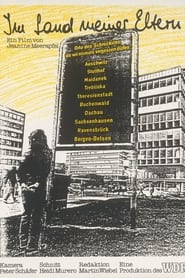 Had it not been for Hitler...
Had it not been for Hitler...In the Country of My Parents 1981
"Had it not been for Hitler, I would have been born a German-Jewish child, more German than Jewish, in a small village in the South of Germany. But as it happened, I was born in Argentina, my mothertongue is Spanish. I came to Germany 17 years ago." It is here, where author and director Jeanine Meerapfel starts searching for her own Jewish identity, being confronted time and time again with Federal Republic reality.
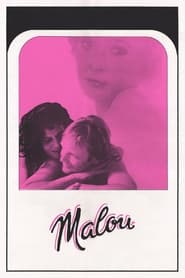 Two life stories That of Malou...
Two life stories That of Malou...Malou 1981
Two life stories. That of Malou, a French woman, married to a German Jew, a refugee stranded in South America: a picture of the pre-war generation reflected in the unusual destiny of an individual woman. And that of Hannah, an alert, independent, modern woman, seeking after freedom and her own identity, and trying in present-day Berlin to save her shaky marriage.
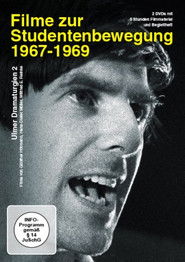 The film chronicles the beginning of...
The film chronicles the beginning of...Ruhestörung 1967
The film chronicles the beginning of the student protest following the death of student Benno Ohnesorg in Berlin in June of 1967.
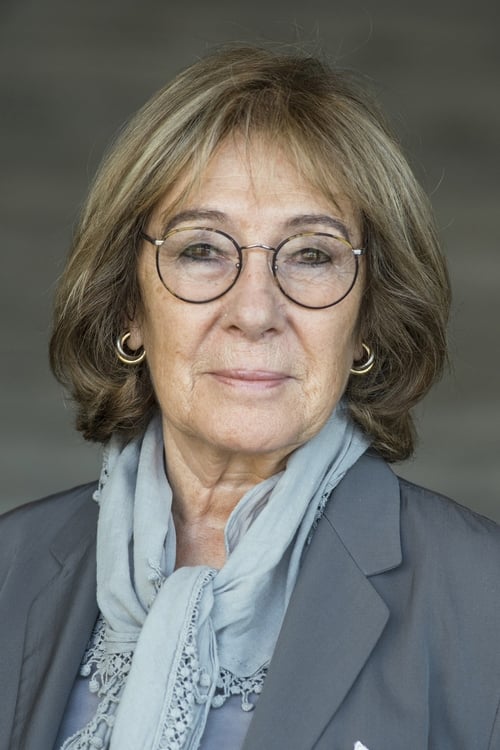
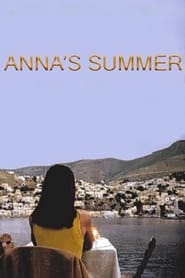 A widow reminisces on her life...
A widow reminisces on her life...